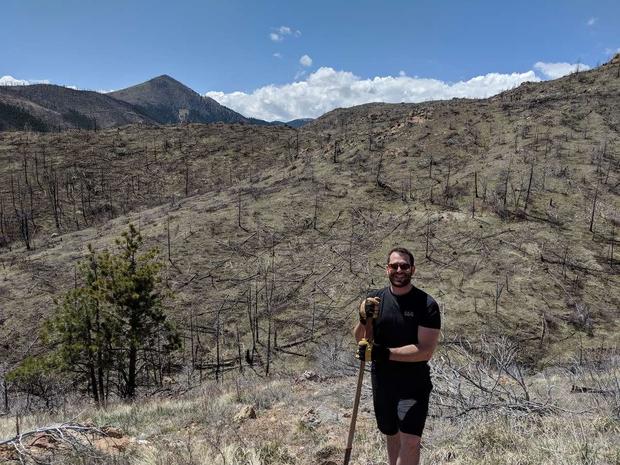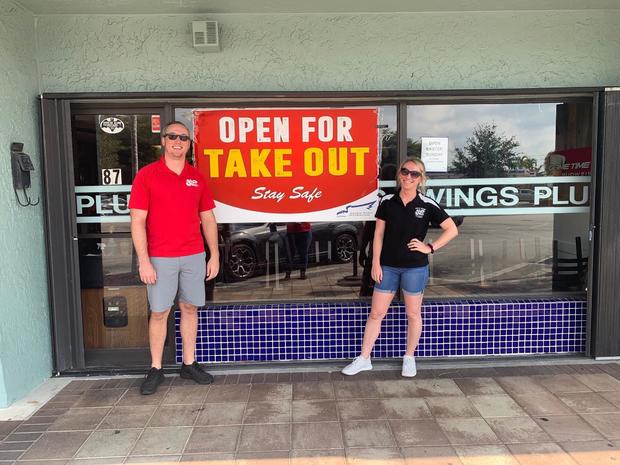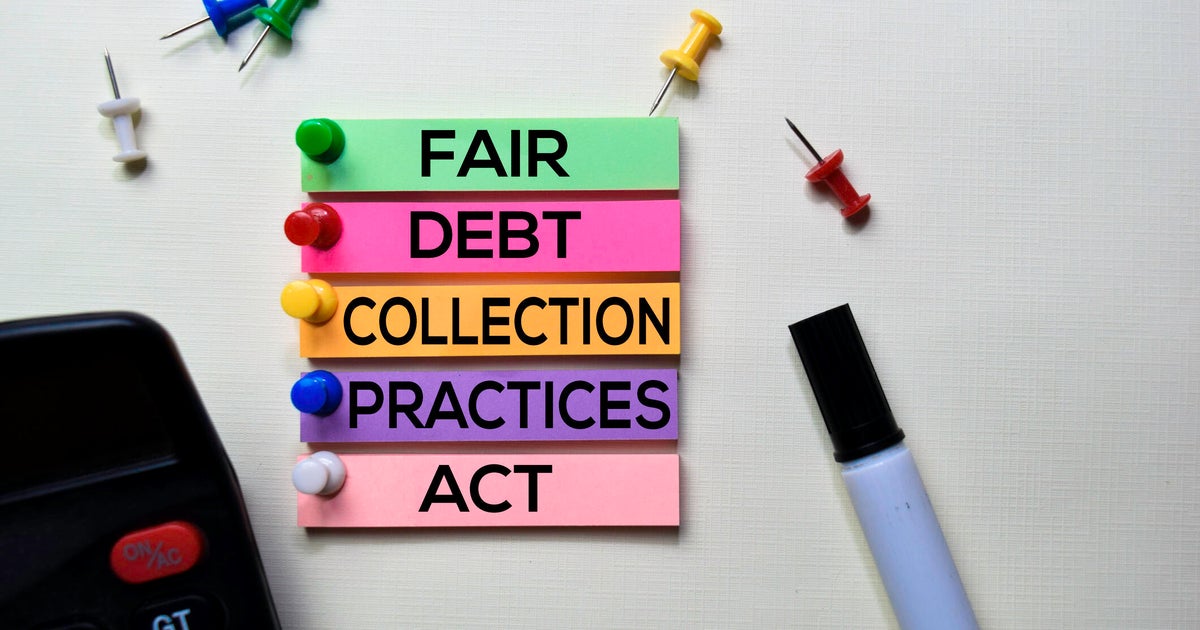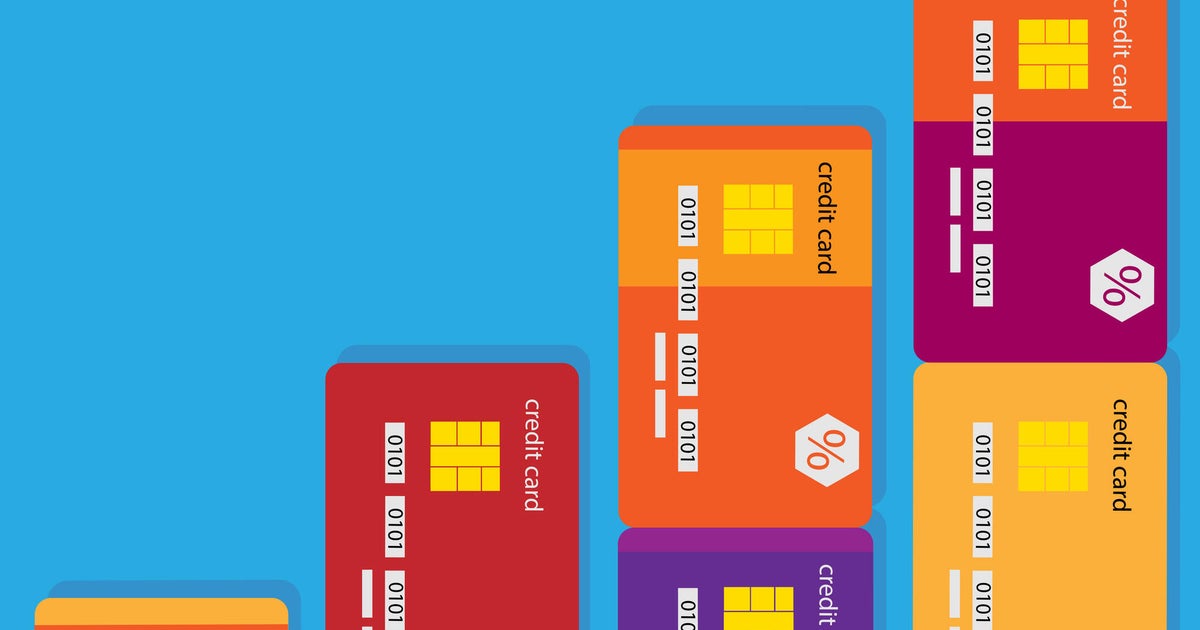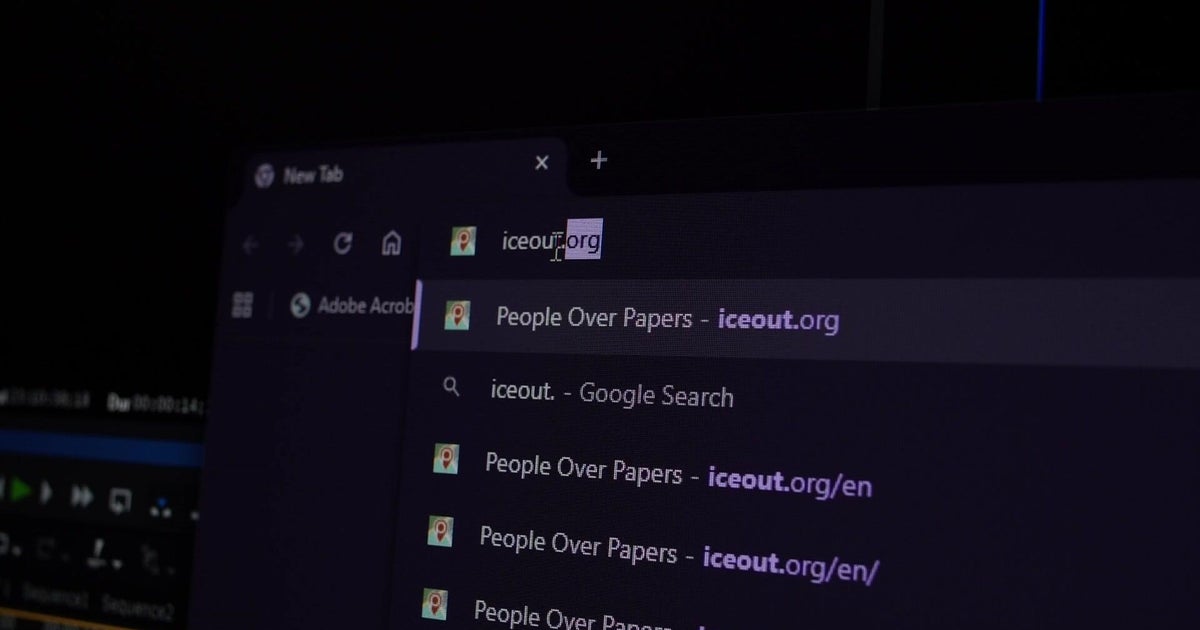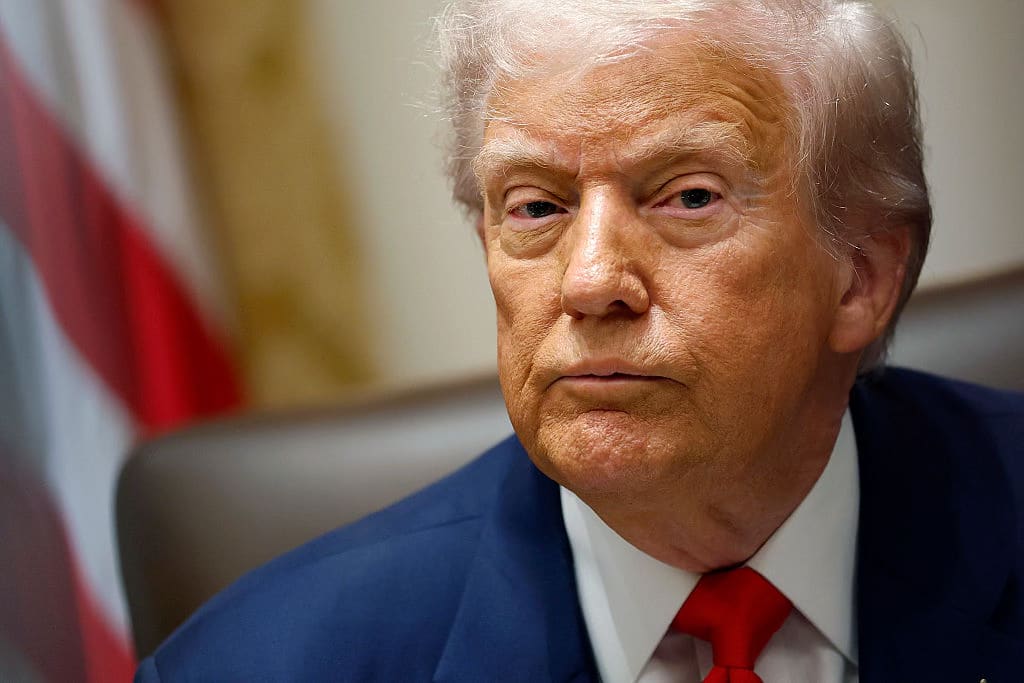Smallest businesses fear losing out on Paycheck Protection Program loans
Colin McIntosh, the millennial founder and CEO of startup bedding company Sheets & Giggles, last month vowed to retain his entire staff even as layoffs rain down across nearly every industry because of the coronavirus.
The Small Business Administration-backed loan that he has applied for could help him fulfill that pledge, but McIntosh doesn't know when — or if — he'll receive funding through the federal Paycheck Protection Program. The initiative is part of the $2.2 trillion CARES Act passed by Congress to help Americans weather the economic downturn.
McIntosh fears that the smallest U.S. businesses will be at the back of the line for cash, behind larger businesses with full-time chief financial officers and existing lending relationships banks. He has six full-time employees and brought in $2.5 million in revenue last year. His company's sales are down about 30% since consumers started to pare their spending.
"We don't have a department to track all the changes that are coming from the federal government," McIntosh told CBS MoneyWatch after the program launched earlier this month. "Small businesses don't have the ability, nor the bandwidth — financially, mentally or time-wise — right now to stay on top of every single piece of information that is coming out of the administration and out of this CARES Act."
"Bigger companies have teams that have the time and experience to navigate this," McIntosh added. "It's frustrating that we are competing with extremely well-funded startups with $50 million or $60 million in the bank and that have full-time CFOs. True small businesses are at a disadvantage."
McIntosh said initial confusion over whether Sheets & Giggles, as a venture capital-backed company, was eligible for a Paycheck Protection loan, along with delays by some banks in accepting applications, impeded him in applying for funding through the program when it launched on April 3. He finally applied for a loan three days later through JPMorgan Chase.
"You had to have already done your 2019 finances, and a lot of us in March were just focused on stopping the bleeding. We weren't prepared for this ahead of time," he said.
McIntosh considered trying to raise more venture funding, but said his investors are also feeling anxious. Plus, he said, "there's no telling what the timetable would be, what the terms would look like, or if investors even want to allocate their limited capital to a young company facing sales crunch and supply chain shutdown instead of other, safer havens."
Relationship issues
Other small business owners say confusion around how to apply for the loans, and some banks' requirements that businesses have prior lending relationships with them, delayed them in applying for a Paycheck Protection loan.
Chelsea Walsh, whose family owns Wings Plus, a chicken wings restaurant in Fort Lauderdale, Florida, said the company's lender, Wells Fargo, told her it had reached its lending cap when she approached them for a PPP loan. She looked elsewhere but was denied by a handful of other banks because the company had never taken out a loan with them. (The Federal Reserve has since lifted the cap it imposed on Wells Fargo's assets, allowing it to expand its lending to small businesses.)
"We don't do a lot of banking. I have a checking account [at Wells Fargo ] that I deposit cash into, we write checks out of, and payroll is pulled from. Otherwise I don't do any banking, and we don't have any relationships with bankers," Walsh told CBS MoneyWatch.
A friend ultimately referred her to New Jersey lender Cross River Bank, where she applied for a loan on Tuesday. "They were looking to help small businesses that didn't have banking relationships, and I happened to be friends with some people who knew some other people that were trying to help," Walsh said.
Jordan Moncharmont and Lisa Curtis, co-founders of Kuli Kuli, a moringa food company, also struggled to find a lender immediately after the Paycheck program launched.
"Chase, the bank we currently use, was only taking biographical data about our company" and not accepting loan applications, Moncharmont said.
He likened businesses clawing for funds to the surge in demand for masks, hand sanitizer, toilet paper and other goods at the start of the coronavirus outbreak. "There is a scarce resource and everyone is competing for it," he said.
Kuli Kuli on Wednesday finalized its loan application through small business lender Newtek. The company applied for a $238,000 loan, equal to 2.5 times the company's average monthly payroll. But Moncharmont said he has yet to get final word from Newtek.
As a "small business without an existing banking partner except for Chase, which is ginormous, we don't have anyone to talk to who we currently bank with, and that's scary."
"Fingers crossed we get in there," Curtis added.
"I'm hung out to dry"
Even small businesses with hundreds of employees say they fear the $349 billion in funding allocated to the program will run out before they see a dime. Joseph Shamie, president of Delta Children, a 50-year-old family-run children's furniture company, said Wells Fargo denied his application because it had already reached its lending limit.
"They said we are sorry, we can't do these loans, you have to go somewhere else," Shamie told CBS MoneyWatch. He approached a dozen other banks, but all told him they were focused on lending to their existing customers.
"I'm hung out to dry," he said.
Shamie has kept his roughly 200 employees on the payroll and hopes to avoid layoffs. He has since reapplied for a loan through Wells Fargo after the Fed lifted its lending cap and is now waiting for the bank to approve his application.
"We are living up to our end of the bargain. We have kept our employees employed," Shamie said. "I have about 50 people who have worked with me for over 25 years. We aren't going to abandon them, but it's time for the federal government to live up to their end of the promise."
